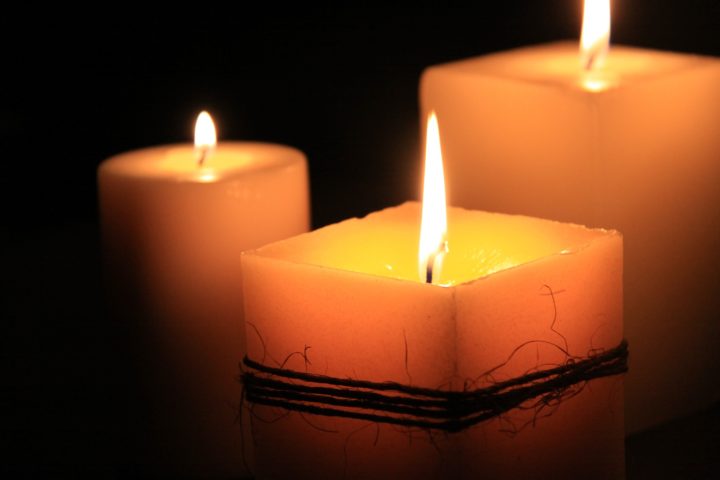
In this important domain of relationships, the metaphors of doors and walls can also be instructive in teaching us about healthy personal boundaries. I have already talked about holes, being the unformed parts of our identity that prevent us from growing into our fullness and possessing the solidity of an individuated character. Doors are those parts of our developed psychological skin that we control by determining whether and when to open them. With the handle for this door being on the inside of ourselves, we are able to preserve the power to influence what comes into our lives and what we don’t have to internalise. Just like the saying that says, it is not what happens to us in our lives that determines our course, but how we respond to those circumstances that makes the difference, the difference that having this type of door makes to our life is significant because it allows us to self-determine what we will allow to shape and impact our inner life.
In a world in which we are constantly being bombarded with messaging and susceptible to experiencing overwhelm, this is no small thing. Having this door in place is like a resilience shield that provides a barrier to those harmful or discombobulating influences, while preserving our focus and energy for those people and things that are most pivotal to sustaining the vitality of our lives. Contrast this to the type of door where the handle is on the outside and it becomes clear why the feature of autonomy is so important if we are to preserve our sanity. When the ability to close this door is beyond our control, then effectively we are relegated to the role of marionette that can be manipulated by the whims of others puppeteering tendencies. This is especially dangerous if those with a psychopathic or sociopathic profile sniff out this weakness and put us in their crosshairs, for we will be like putty in their hands to be depleted and disposed of without mercy.
Walls are something different altogether. These are places in our psychological skin that have been impenetrably calloused over due to the experiencing of a series of hurts. One of the forms in which we see this is the person who swears they will never love again because they have been burnt by their prior relationships not working. Not wanting to open themselves up to having to experience that pain again, they erect a wall to protect themselves from that outcome eventuating in the future. While this may sound like a justifiable decision in light of what has occurred, it is actually detrimental because it closes off the possibility of encountering and engaging in a genuinely loving relationship. Not being given the room to enter their heart, it is the one who hides behind the wall that is effectively kept prisoner until the suffering inherent in that role leads them to want to break the wall down and pursue something more life-giving to their soul. Some people arrive at this place at the cost of healing their trauma, while others never do, and often it is difficult work that requires the intervention of a psychologist or counsellor. But this work is always worth it because it facilitates an unburdening of negative past emotions that no longer serve who we seek to become.
When I think of these walls, I often think of communist countries that have at one time or another isolated themselves from the rest of the world. In the process of them doing this they deprive their citizens of the best the world has to offer them, while also denying the world the best of what their unique national culture has to offer. It should hardly be surprising that such a state leads to depression in economic activity and the suppression of the human spirit under totalitarian rule. Similarly, when an individual allows their trauma to rule their daily experience of life, that is when severe mental health conditions such as depression are given licence to occupy their mind and have an insidious broader working on the circumstances of their life.
While of course this condition can be genetically or biologically rooted in an individual, to the extent that we can develop our boundaries to avoid its onset or other negative internal states, we should do so. Wellbeing and the building of confidence to successfully navigate the world comes from the healthy development of boundary function and the attendant competence in knowing when to open doors in the different areas of our lives and when to close them. Fostering also a wisdom of discernment and the preservation of our rich inner resources, we should not squander these gifts, for only when we know the source from which they come can we deliver them effectively where needed.



